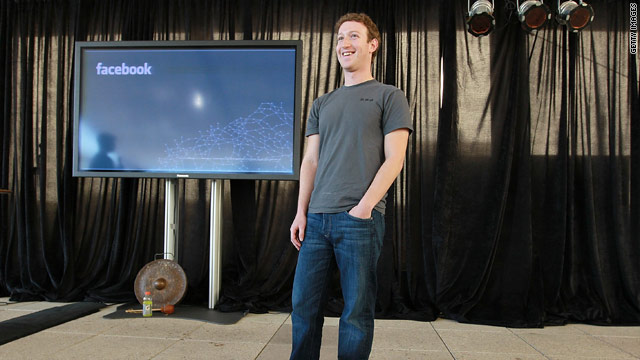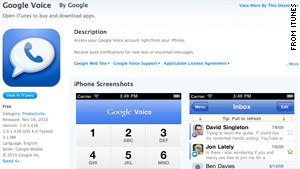
Facebook CEO Mark Zuckerberg predicts great opportunity for entrepeneurs, whereas larger companies could struggle
San Francisco, California: Facebook CEO Mark Zuckerberg favors the little guy, but that attitude can pose obstacles for popular websites that want to work with his company.
Apple and Google, which are among the biggest technology businesses in the world, find themselves stonewalled at times by Zuckerberg and company. That sometimes results in less functional applications.
Apple launched its music-centric social network, called Ping, as part of an iTunes update that contained a Facebook component. But Apple had to remove integration with the world's largest social network hours after Ping launched. Last week Twitter announced an agreement with Apple's Ping.
Steve Jobs, Apple's CEO, spurned Facebook for what he considered were "onerous terms."
When questioned about this in an interview onstage at the Web 2.0 Summit in San Francisco on Tuesday, Zuckerberg said with a shrug, "It's fine."
Then Zuckerberg pointed out that the two work together in many ways. For example, Facebook's app "is on the vast majority of iPhones," he said at an event earlier this month at Facebook's Palo Alto, California, headquarters.
As for Facebook's relationship with Google, the two are in the midst of a public spat about letting users import and export personal data between the social network and Gmail. Facebook, which launched an email service on Monday, doesn't let users easily migrate addresses to other apps.
Zuckerberg said at the conference on Tuesday that this move was meant to protect the private contact information of a user's friends. He backtracked near the end of that fireside chat and highlighted the data export issue as a potential mistake.
"I've made so many mistakes in running the company so far," he said. "We still make mistakes all of the time." The trouble, he said, is figuring out which of the company's myriad problems "really matter."
Zuckerberg also seemed to distance himself from Google, the undisputed leader in search, last month when Facebook announced a deal with Microsoft's Bing.
"They're just trying to rapidly gain [market] share by doing awesome stuff," Zuckerberg said of Microsoft at the Bing event. "They're really the underdog here."
But Microsoft wasn't spared from criticisms during Tuesday's event. Microsoft, a massive computer software company and an investor in Facebook, has thousands of engineers, Zuckerberg pointed out; Facebook has fewer, and is therefore seen by developers as a more effective and attractive employer, he said.
Zuckerberg makes it known that he has a soft spot for budding entrepreneurs. When asked about "The Social Network" -- the film based on the founding of Facebook -- Zuckerberg boasted of fan mail from people who say his story inspired them to become entrepreneurs.
His mission is to "enable others to build" social networking services, which can be accomplished using Facebook's platform, he said. Small-time developers can freely make use of Facebook's offerings, but larger companies must work directly or be locked out.
Despite amassing 500 million people actively using the service, Zuckerberg still doesn't consider Facebook a giant company. "In some ways, I actually think we're only now entering the zone where a lot of entrepreneurs will consider working with us," he said.
But during Yahoo CEO Carol Bartz's onstage interview earlier Tuesday, she described Facebook as Yahoo's "competition." This sentiment could create even greater disconnects between Facebook's service and popular apps, as is the case with Gmail and Ping.
Without being specific, Zuckerberg derided some large internet companies, saying they won't make it past a social networking revolution.
"Some aren't going to make it," he said on Tuesday. "I think there's an exciting opportunity for some entrepreneurs."
Zuckerberg's advice to "incumbents," as he calls technology giants: "Get on the bus."
But that doesn't mean he's going to make it easy for them to board.
Resource: CNN










